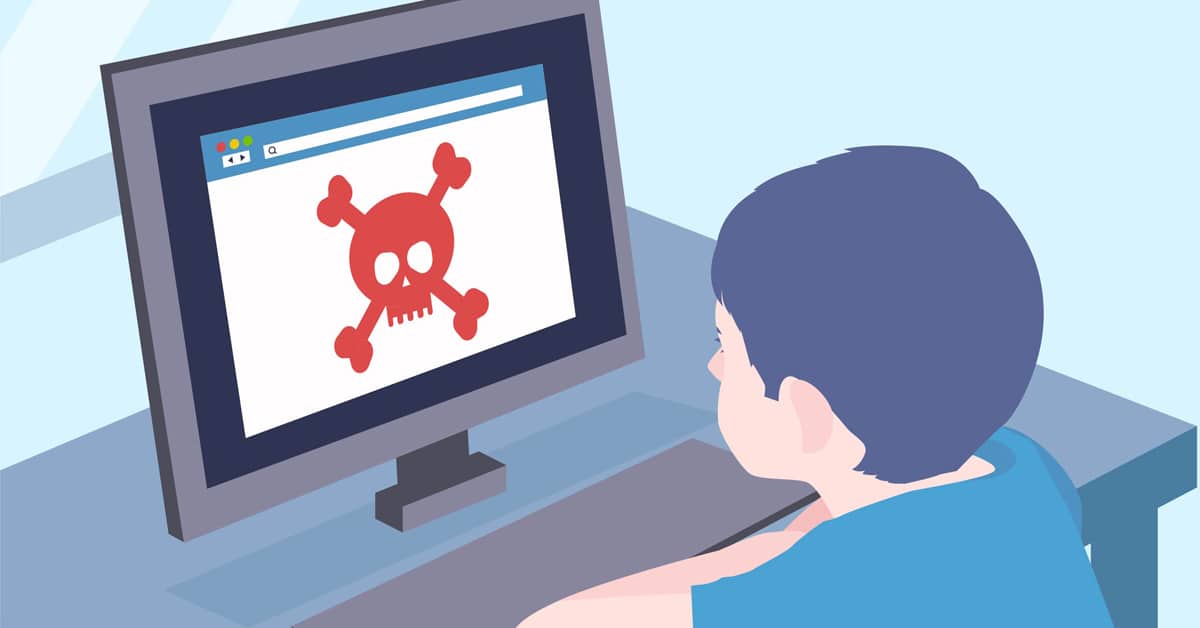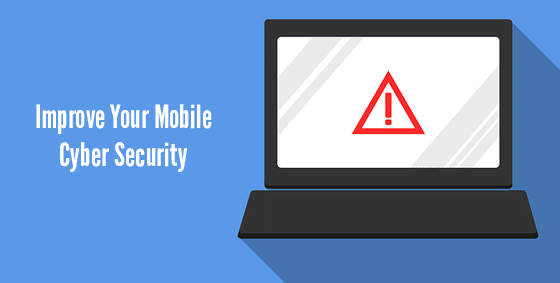07 May 3 Internet Habits To Keep Kids Smart and Safe
3 Internet Habits To Keep Kids Smart and Safe Internet habits to keep kids smart and safe while browsing the web is imperative. It’s a common concern as all parents want their kids to be protected and happy whenever they go online. Safe internet usage goes beyond reminding them not to talk to strangers. With the evolution of the internet and the way it’s now woven seamlessly into our lives, the focus needs to be on ingrained habits. That means ensuring your children have the tools and predefined responses to online events so that no matter what happens, they’re not placing themselves (or your family) at risk. Setting up these habits is easy, and begins with three basic understandings: Internet Habit of Restricting Downloads Most kids can’t tell the difference between a legitimate download and a scam/malicious link. The online world is full of things that will trick even the most savvy adult. Kids tend not to take that extra moment to check where that link is pointing. They want to get back to what they were doing. If something pops up, their first instinct is to click ‘yes’. Unfortunately, that single ‘yes’ just opened the doors to malware and viruses that will ruin their computer. To keep your kids safe, set a family rule that they need to ask permission for all downloads (and an adult will check it first), and to never click a popup. Talk through exactly what you’re checking and why. As your child matures, get them involved in this process. Critical Thinking Internet Habits Kids think the internet is a magical place and can’t imagine their life without it. To them, the internet is on the same level as oxygen! With that acceptance though, comes unwavering trust that the internet would never lie to them. While we adults know better, it’s only because we already view the internet with a certain level of distrust. The best way to keep kids safe is to teach them to approach the internet with critical thinking. That includes teaching them to question the motives of other people online. All kids need to be aware that predators use the internet to target and lure children. Ensure your children tell you immediately if a stranger makes contact. Along with this stranger danger, teach them to identify what marks something as suspicious. The Internet is Forever Kids have an overwhelming drive to contribute to the internet, they don’t think twice about recording a video, jumping in a chat room or onto social media. The world really is their playground! But what they don’t understand until they’ve been burned, is that anything they upload, write or say is on the internet forever. Even if they delete it or use a platform where content self-erases, someone can still screenshot and send it right back out. Many cyber-bullying cases are based around this exact type of blow-back. Once your kids know that everything they post is permanent, they’ll be more likely to pause and think. Read more about keeping your kids safe on the internet We can secure your computer and help keep your family safe – give us a call at 570.235.1946 or visit our Contact Page...





